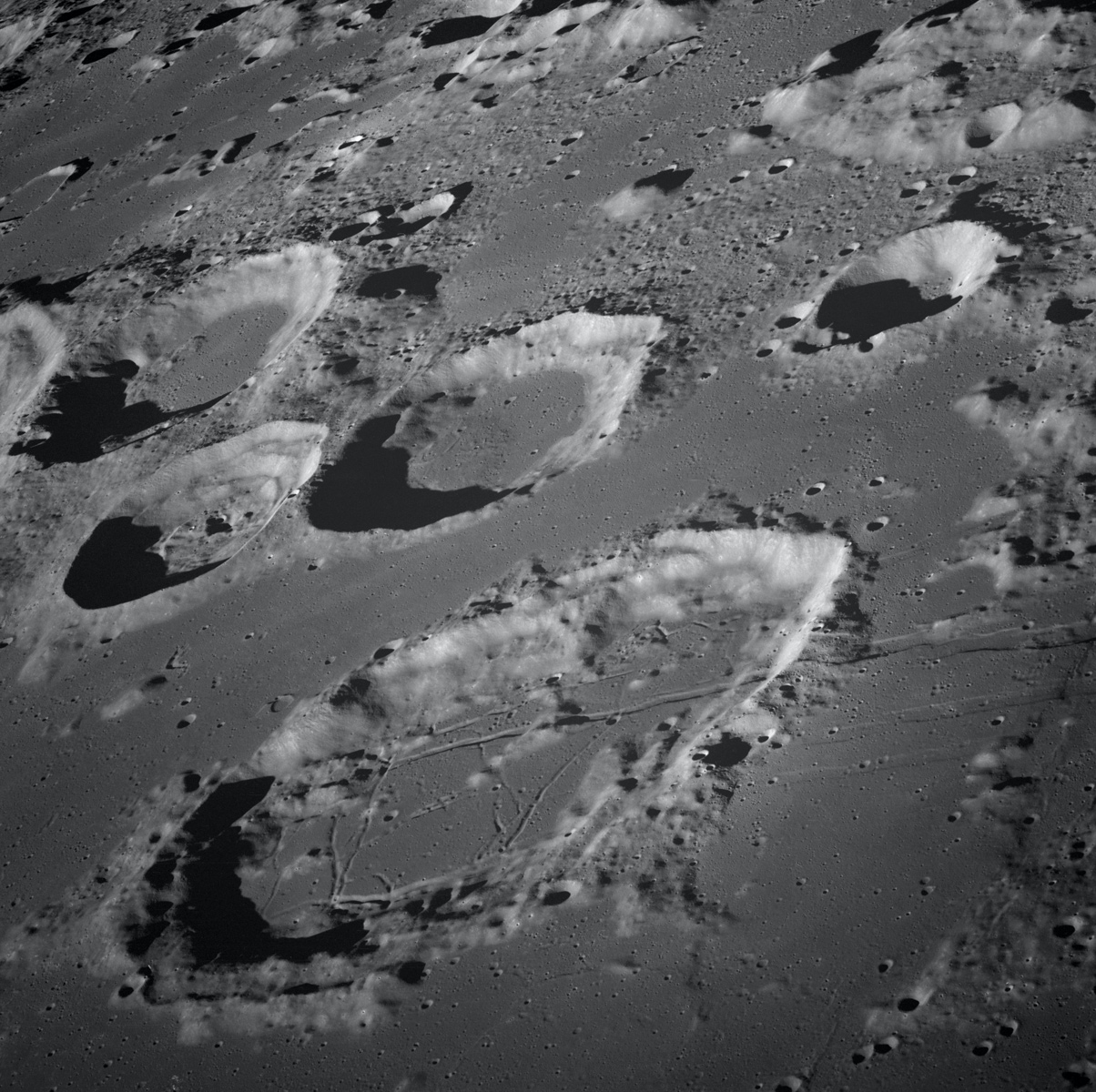Renewed interest in landing on the Moon is really about a 'land grab' for its riches.
Trinity College Immunologist Professor Luke O'Neill was speaking after India became the first country to successfully land a spacecraft on the Moon's South Pole on Wednesday.
Chandrayaan-3 had aimed to become the first spacecraft to touch down in a region of the lunar surface thought to contain deep craters with water ice.
 The Moon rises over a ridge in the Wasatch Mountains, Utah, USA in May 2021. Picture by: NASA/Bill Dunford
The Moon rises over a ridge in the Wasatch Mountains, Utah, USA in May 2021. Picture by: NASA/Bill DunfordProf O'Neill told The Pat Kenny Show that is where the interest lies.
"It really is about putting a base on the Moon to harvest the riches from the Moon," he said.
"For example there's helium on the Moon, that could be useful for stuff on Earth.
"In other words it's a land grab.
"There's a big discussion at the moment: is it like the Wild West?
"That's one possibility - secondly to get to Mars, there's a race on now to get to Mars."
'Moon fuel to get to Mars'
Prof O'Neill said elements from the Moon could contribute to any Mars mission.
"A previous Russia mission brought back some samples [from the Moon] and they found evidence of water: 0.1%.
"That creates interest and then two more pieces of evidence emerged: there's probably water on the South Pole.
"If there is water that has a big effect: that means you can go and have a supply of water for your Moonbase.
"Secondly the water can be turned into rocket fuel, incredibly.
"Imagine making fuel on the Moon that will fuel the trip to Mars?
"So suddenly the race is all about getting to the South Pole."
 Photograph from the Apollo 8 spacecraft looking south at the large crater Goclenius in December 1968. Picture by: NASA/JSC
Photograph from the Apollo 8 spacecraft looking south at the large crater Goclenius in December 1968. Picture by: NASA/JSCProf O'Neill said no nation can actually lay claim to the Moon or its resources.
"The Chinese... have landed probes on the far side of the Moon," he said.
"They've evidence that maybe there's trillions of litres trapped in the Moon's soil.
"So we're talking trillions of litres, potentially, on the Moon.
"The race will now be to get to that water - the big thing as well is who will own it?
"The UN passed a treaty saying nobody can own the Moon; it's a shared resource for all the world.
"Of course the Americans - Donald Trump - had an executive order allowing Americans to own parts of the Moon," he added.









